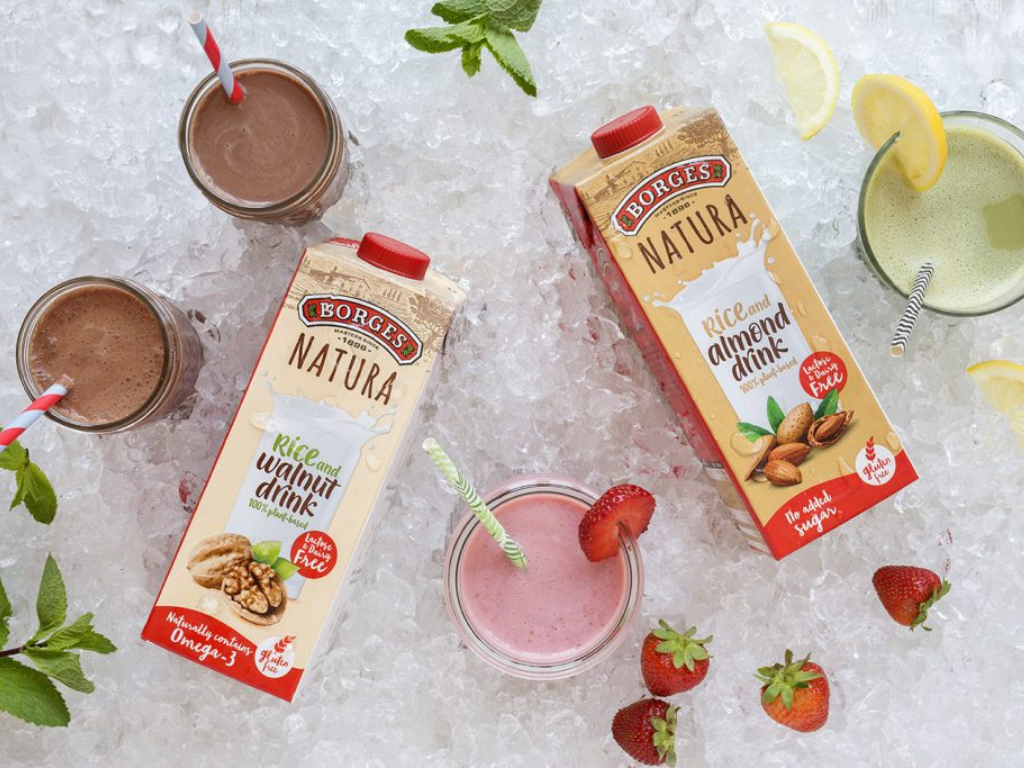Download Free Vegan Starter Kit -
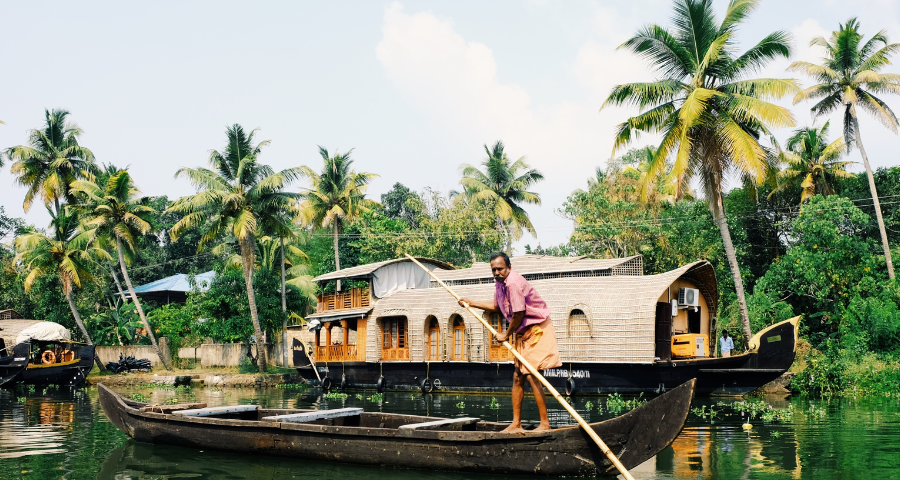
How to travel in India as a vegan? Best hacks, dos & don’ts, local phrases to know
May 25th, 2023
Travelling in India as a vegan can either be extremely fulfilling or daunting, depending on your prep. Though vegetarian food has played a major part in the country’s diverse culinary heritage, the extensive use of dairy products in several cuisines could pose a challenge for some plant-based tourists. At other times, language could also act as a barrier.
However, it’s possible to survive and hop on from one vegan-friendly eatery to the other with ease in India. Whether you are a tourist from abroad or a local who likes to explore various parts of the country, we have put together a comprehensive guide to help you travel across India as a vegan.
Even if you’re travelling to smaller towns where the concept of veganism is obscure, there are little hacks in this article that can save you. Read on.
Firstly, is India a good travel destination for vegans?
India is a fantastic travel destination for vegans, with a long history of vegetarianism and a wide variety of traditional dishes that cater to plant-based diets. From South Indian staples such as dosa, idli, rasam and sambar to North Indian rotis, curries, chutneys, dal, and an array of street foods, the country offers an abundance of options that are naturally vegan.
In recent years especially, there has been a surge in vegan restaurants and cafes across major Indian cities that offer local as well as international food. The country has at least 14 vegan-friendly travel destinations today. Nevertheless, it's essential to do your research and be prepared before travelling in India as a vegan.
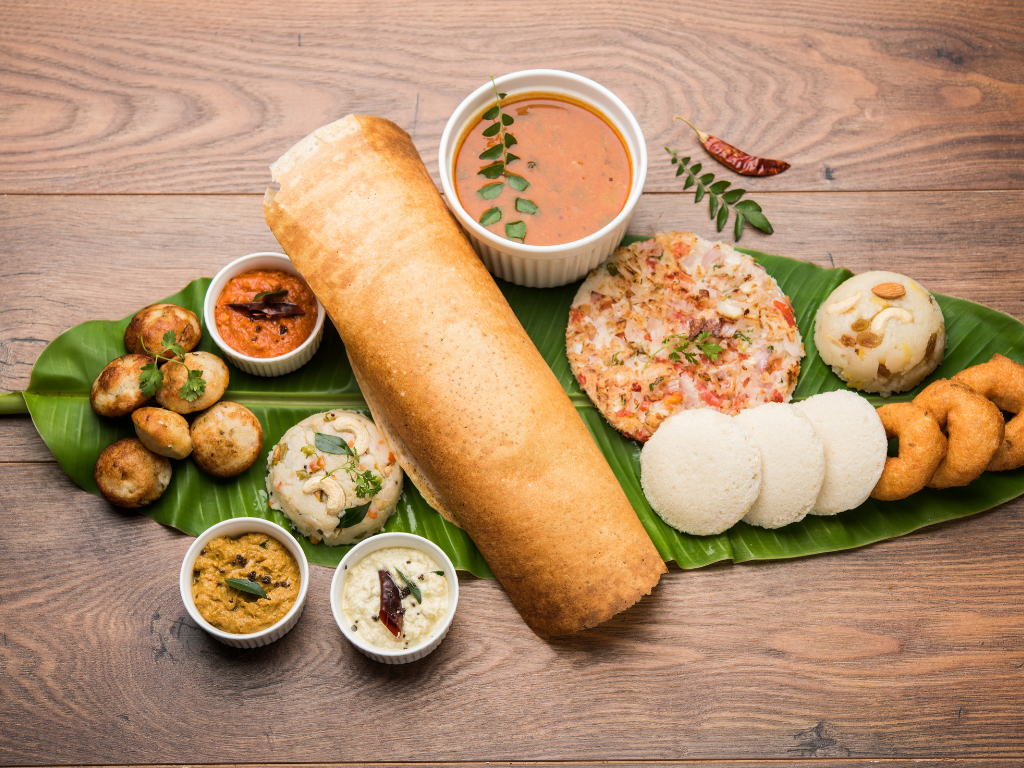
Source: Envanto
The most handy tips for vegan travellers in India
Despite a few challenges, travelling as a vegan in India can be a smooth and enjoyable experience if you use these tried and tested hacks:
1. Learn a few local phrases
India is a country with diverse languages. Locals in some places may not understand English or Hindi, even though they are widely spoken. At such times, learning a few important words such as curd, milk, etc. beforehand can help you communicate easily. If you’re not familiar with certain words, you can also use Google Translate on your phone or refer to the table below:
2. Research is key
Research the local cuisine and options available in the area you plan to visit well before your trip. Create a list of restaurants that offer marked vegan or naturally vegan dishes. Tick off one place after another for every meal you eat.
3. Check timings & closed days
While creating a list can prove to be helpful, knowing the timings and holidays of must-visit eateries on your list will save you from hampered plans and last minute disappointments, especially if you’re on a tight schedule.
4. Try local cuisines & hidden gems
Not every meal has to be planned. India has many food gems that you may not find elsewhere. So when you spot something new and interesting, be adventurous and try them after enquiring or googling about it.
For instance, Kalthappam is a delectable rice flour cake found in Mangalore and Kerala that is vegan by default. The cake is made with jaggery, coconut and fried onions! It’s a must-try if you’re travelling in these regions.
5. Take a cooling ice bag or box
If you’re travelling to a hot and humid region, carrying vegan curd, kombucha or any other cooling drinks in your ice bag can save you from dehydration and heat strokes. You can find such accessories in travel stores or on Amazon.
If you don’t have an ice bag, make sure to find lots of coconut water, and fresh juices to stay hydrated. Many regions also have their own local cooling drinks such as Nannari Sharbat or Sol Kadhi that are naturally vegan. You just need to find them.

Source: Envanto
6. Carry vegan snacks
It's a good idea to carry vegan snacks, lots of nuts and dried fruits with you, especially if you're travelling to remote areas or small towns. Most places in the North East have a food culture that is predominantly non-vegetarian.
Even if a few friendly locals understand your food preferences and agree to cook vegan meals for you, you might need your plant-based snacks for sudden hunger pangs. You could pack snacks like roasted makhanas, khakhra, thepla, baked chips, etc. that are filling and have a long shelf life.
7. Pick safe options in breakfast buffets
Most breakfast buffets in hotels across India serve at least a few South Indian options like poha, upma, idli and dosa. Those can be your safest bets as other Indian options such as paratha and pav bhaji may contain butter or ghee. Even dessert platters which usually include croissants and cakes are usually made with eggs or honey.
Do remember to try your luck and request the staff to customise a few dishes for you. Some hotel staff oblige and create dairy-free versions of certain items on the buffet menu.
8. Stay at an apart-hotel where you can cook
One of the best ways to enjoy a holiday without compromising on your ethics is to choose a homestay or service apartment with a kitchen. Cooking is all the more necessary when you are travelling to a region that doesn’t offer too many vegan options.
9. Communicate your dietary requirements clearly
Many restaurants that serve North Indian delicacies add cream or ghee in the curries. Curd is used in the dough to make Naan, a popular Indian flatbread found in most restaurants. So when you are dining out at a non-vegan restaurant, using phrases like “no dairy and no eggs” can help the restaurant staff understand your diet restrictions.
Many vegans also say that they are allergic to dairy due to the fear of cross-contamination. Most serving staff take the term “allergic” seriously.
10. Invest in vegan winter wear
When you’re visiting a cold destination, remember to pack fur-free, wool-free and leather-free winter wear to keep you covered. Several brands today offer cruelty-free and vegan jackets, mufflers and mittens.
Like this? Read: 14 most vegan-friendly destinations in India for travellers
Read More:
AUTHOR

trending
Be a Vegan First Informer
Send us buzzworthy news and updates
related
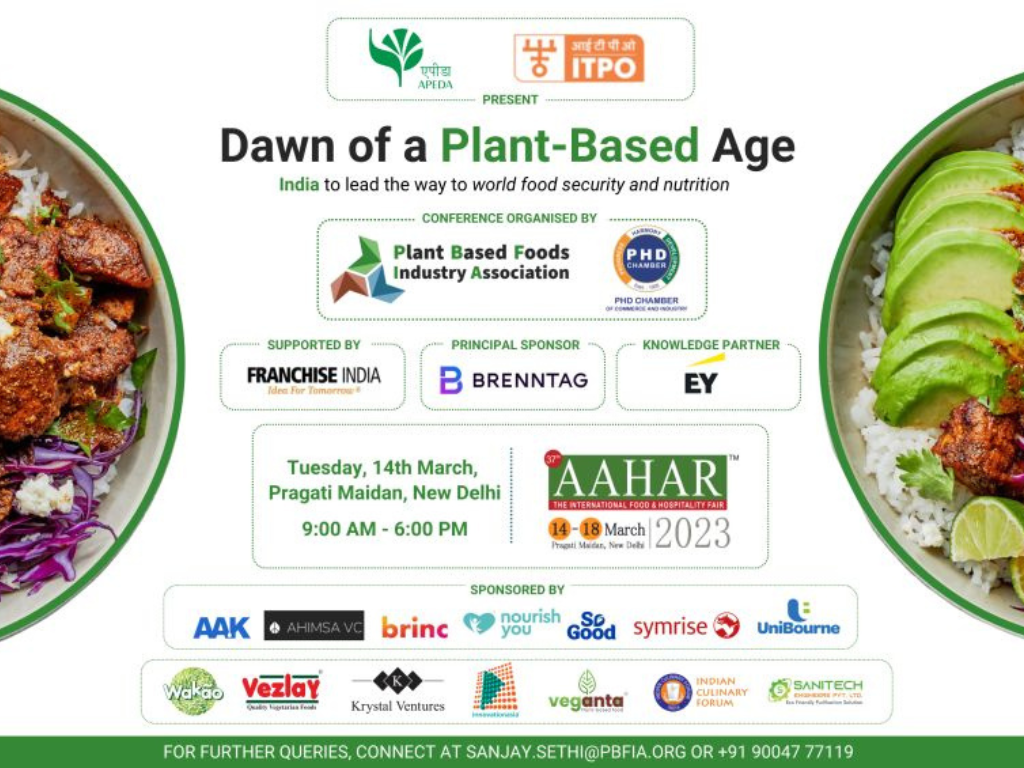
‘Dawn of a Plant Based Age’ Conference to be held in Delhi on March 14 as part of AAHAR 2023

- VeganFirstDaily
- 1.8 K

Saving Animals Never Tasted So Good: Dancing Cow Launches Dairy-Free alternatives

- VeganFirstDaily
- 2.9 K
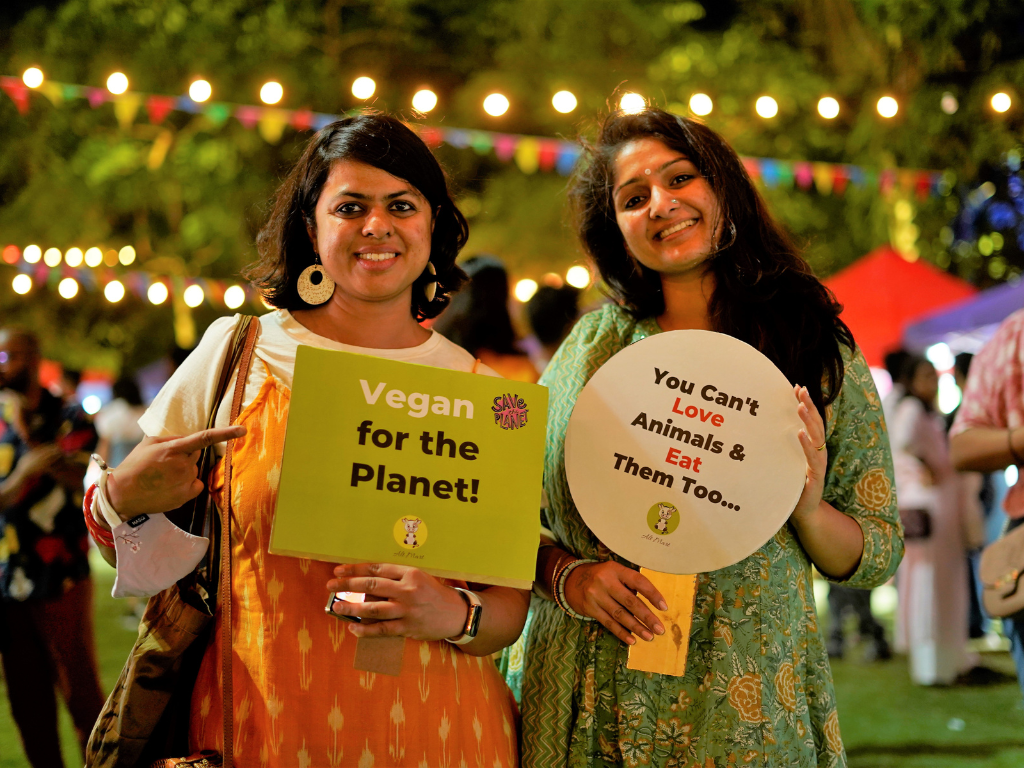
Alt-Market 3.0 - A Plant-based & Vegan Gala is happening in Hyderabad on 15th April, 2023!

- VeganFirstDaily
- 63 K
Explore
Contact Us
About Us
Stay Connected
Copyright ⓒ 2017-2023. VEGAN PASSION PRIVATE LIMITED. All Rights reserved.
For more information, please write to hello@veganfirst.com
Registered Office Address: 55, 2nd floor, lane 2, Westend Marg, Saidullajab, Near Saket Metro Station, New Delhi, Gadaipur, New Delhi South West Delhi, DL

2.png)

.png)
.png)
2.png)
2.png)
2.png)


1.png)



